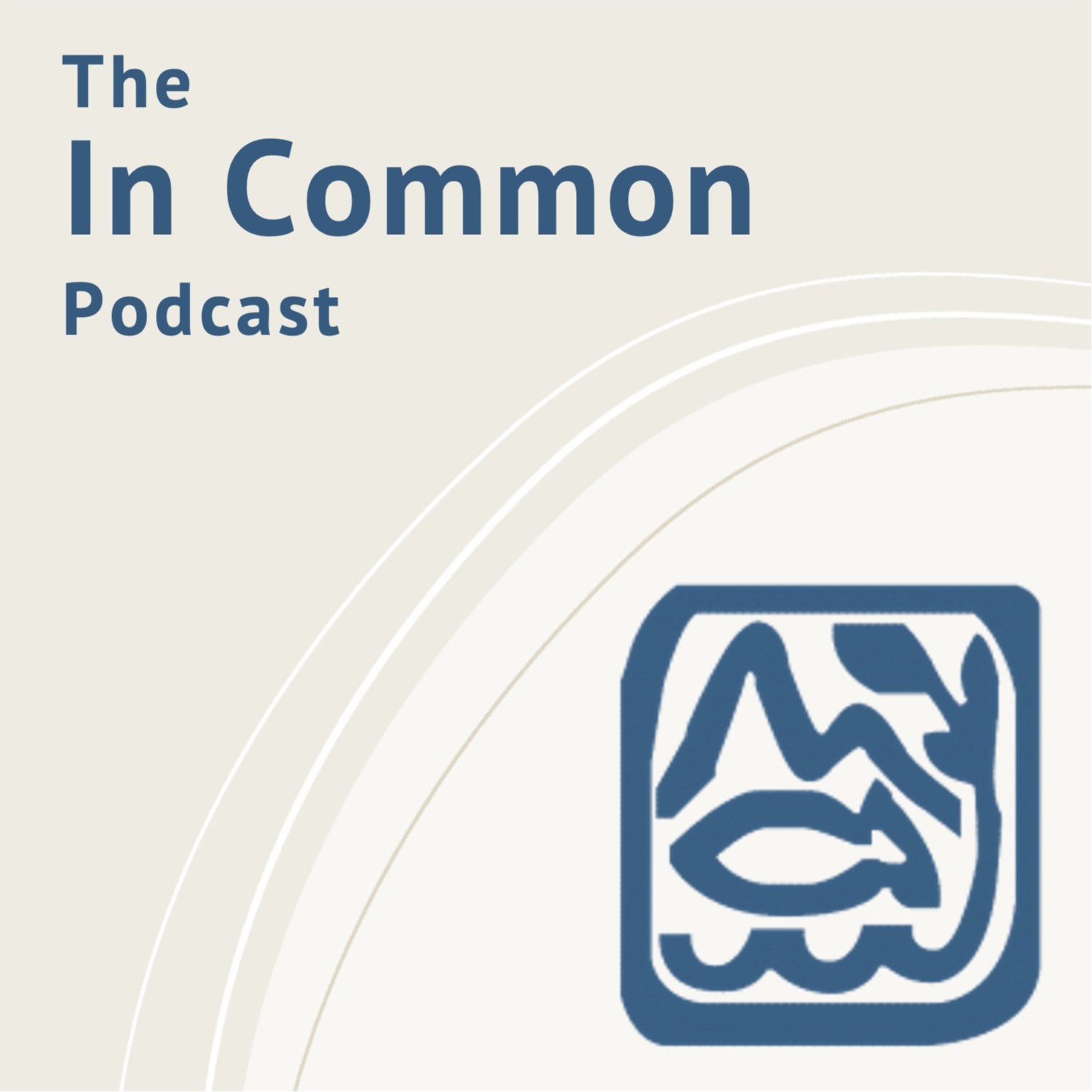
94.8K
Downloads
229
Episodes
In Common explores the connections between humans, their environment and each other through stories told by scholars and practitioners. In-depth interviews and methods webinars explore interdisciplinary and transdisciplinary work on commons governance, conservation and development, social-ecological resilience, and sustainability.
Episodes

Thursday Mar 10, 2022
IJC #4: Historical commons in the Low Lands with Maurice Paulissen
Thursday Mar 10, 2022
Thursday Mar 10, 2022
Frank van Laerhoven is speaking with Maurice Paulissen.
Is it a historian? Is it an ecologist? No, it is a landscape historian! Maurice is one of the many commons scholars that cannot be easily categorized by means of a disciplinary label. He is also an exponent of a long tradition within our domain of researchers for whom “going to the field” means “going to an archive” and that manage to reconstruct commons governance 500 or more years back.
Maurice co-authored an IJC publication entitled ‘Dire Necessity or Mere Opportunity? Recurrent Peat Commercialisation from Raised Bog Commons in the Early Modern Low Countries’ together with Roy van Beek, Serge Nekrassoff, Edward Huijbens, and Theo Spek.
The episode starts with an half-hearted attempt to pin down Maurice in terms of academic disciplines (an attempt that partly fails). It then continues with a reflection on the article that served as an excuse for the conversation. That article contests the simplistic notion that in early modern Europe, shared resource management solutions offered by markets or governments were not sufficiently reliable, and therefore fell into the lap of autonomous communities. It is convincingly shown that markets (both local and regional), governments (at various levels, in various forms) and more or less autonomous communities play competing and complementary roles in the governance of peat land – roles that vary over time and place. The conversation ends with a reflection on whether a study of commons governance 500 years ago can be useful for commoners, today.
For more analyses of historical commons, also check out the following IJC titles:
- Laborda-Pemán, M., & De Moor, T. (2016). History and the commons: a necessary conversation. International Journal of the Commons, 10(2).
- Farjam, M., De Moor, T., van Weeren, R., Forsman, A., Dehkordi, M. A. E., Ghorbani, A., & Bravo, G. (2020). Shared patterns in long-term dynamics of commons as institutions for collective action. International Journal of the Commons, 14(1).
- Takahashi, T., Matsushita, K., Yoshida, Y., & Senda, T. (2019). Impacts of 150 years of modernization policies on the management of common forests in Japan: a statistical analysis of micro census data. International Journal of the Commons, 13(2).
- Echegaray, E. P. (2011). Communities and sustainability in medieval and early modern Aragon, 1200-1600. International Journal of the Commons, 5(2).
- Chanda, S., Patnaik, A., & Chatterjee, S. C. (2021). The Courtesan Project and the Tawa’ifs’ Cultural Commons. International Journal of the Commons, 15(1).
- Castro, Á. C. (2021). Early Medieval Commons? Or How the History of Early Medieval Europe Could Benefit from a Necessary Conversation: The Case From NW Iberia. International Journal of the Commons, 15(1).

Comments (0)
To leave or reply to comments, please download free Podbean or
No Comments
To leave or reply to comments,
please download free Podbean App.